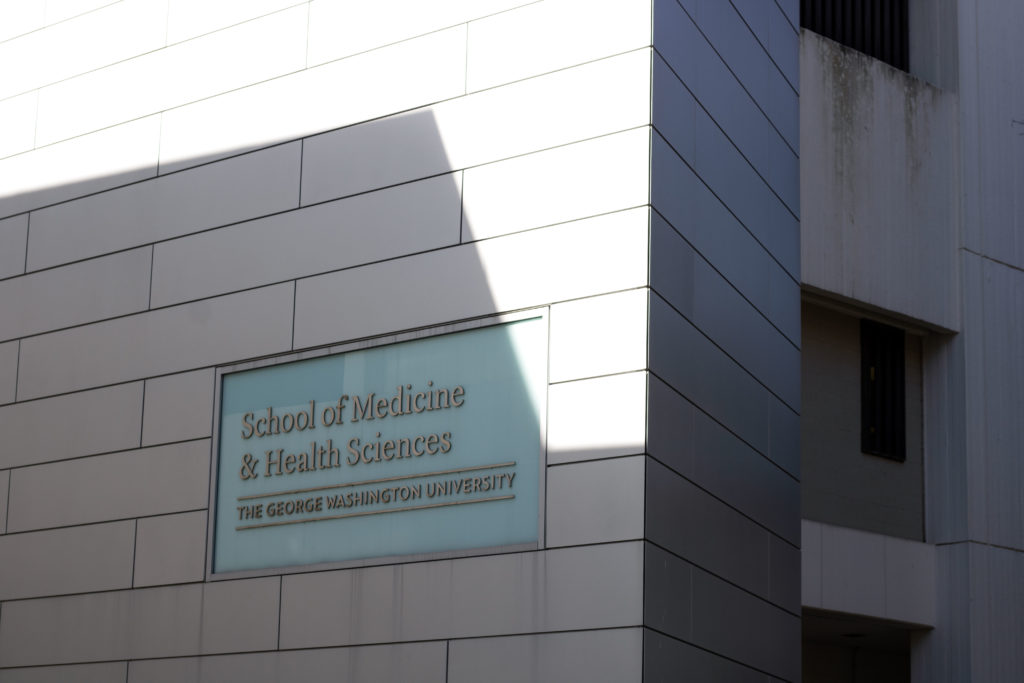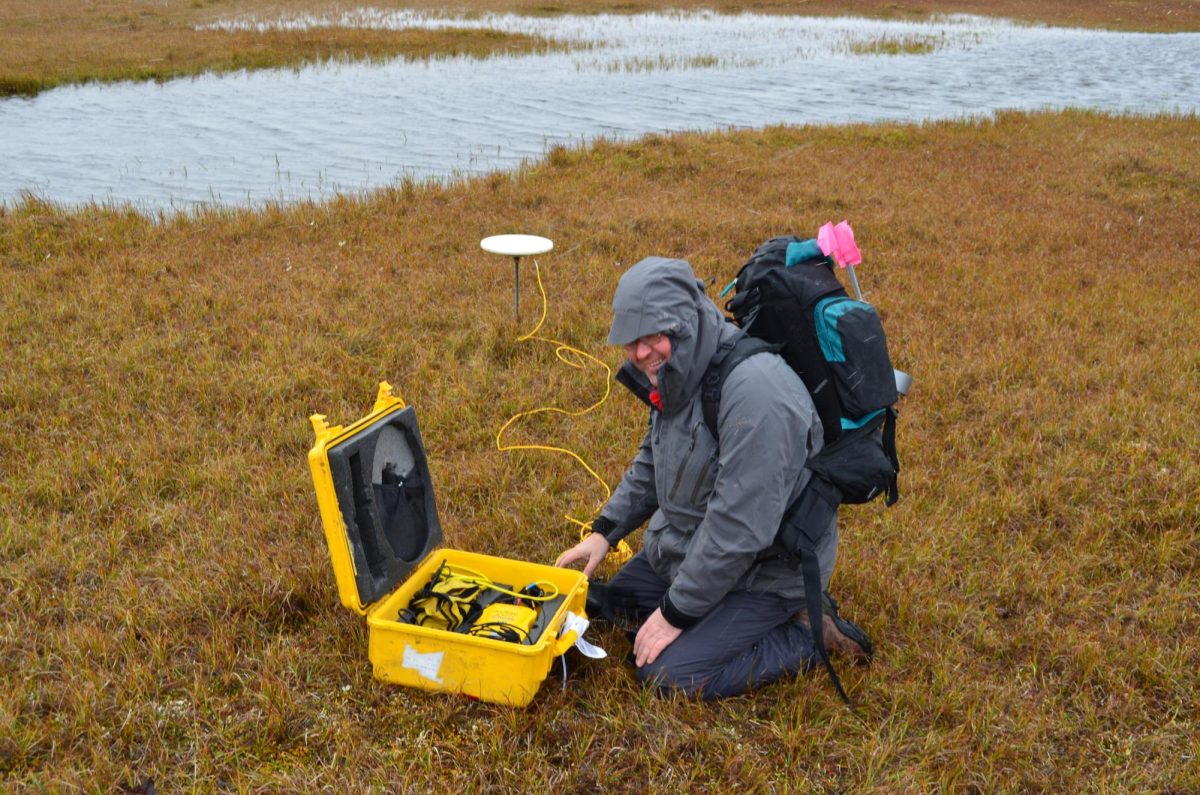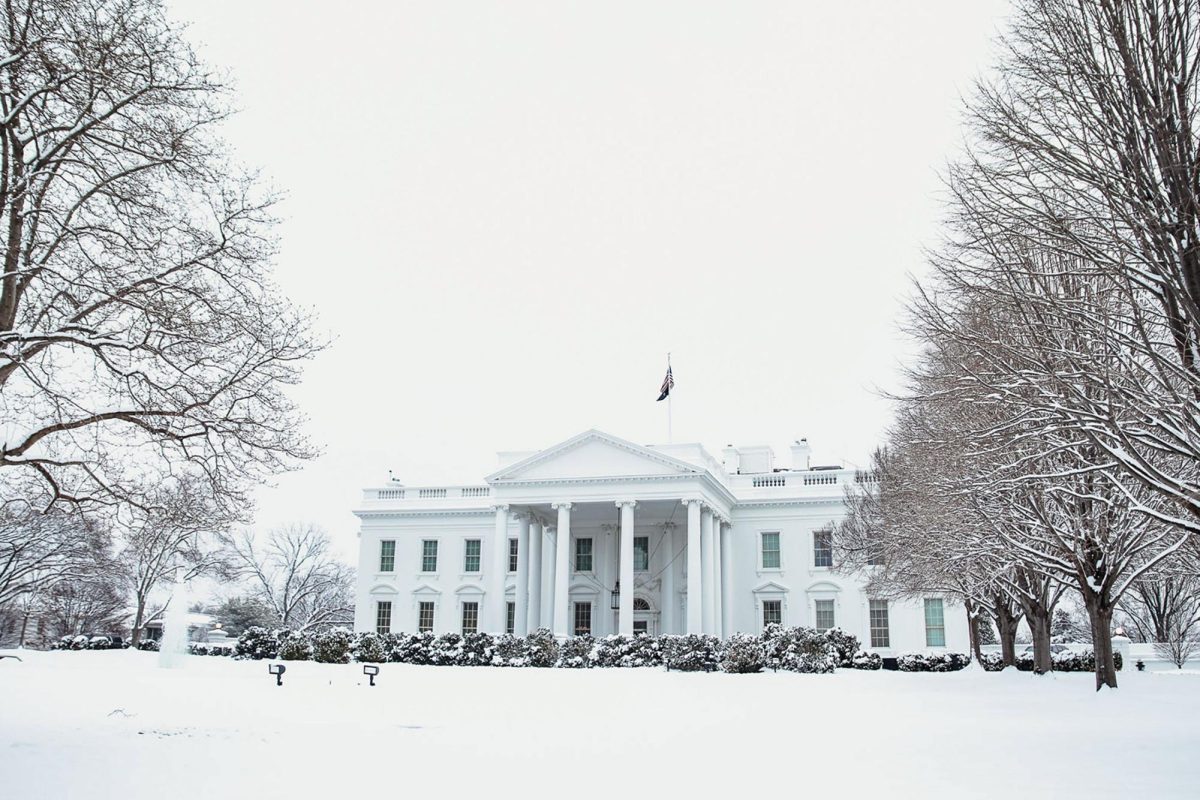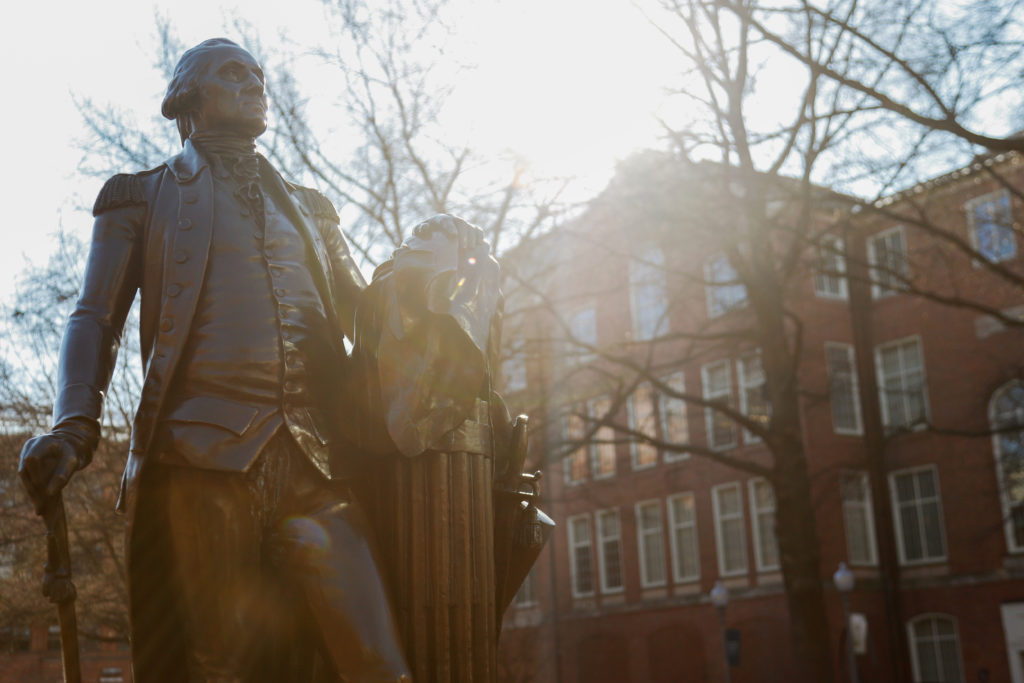The School of Medicine and Health Sciences will start providing faculty, admissions and curriculum development support this summer for a new medical school in Amman, Jordan.
Huda Ayas, the associate dean for international medicine at SMHS, said July 1 will mark the start of a six-year partnership with Ibn Sina University for Medical Sciences, which opened in December, in which GW faculty will help establish the school during its first years in existence. Darwish Badran, the president of Ibn Sina University, said SMHS faculty will temporarily serve in faculty “leadership” roles and teach courses at the ISUMS campus in Jordan until the university can fill those positions with alumni with degrees in basic sciences, like biochemistry and microbiology.
SMHS personnel will help ISUMS officials train and recruit future permanent faculty, including future Jordanian graduates from SMHS, according to a release the medical school issued last month. Ayas said ISUMS will pay GW for its support, including compensation for GW faculty who teach at the Jordan-based medical school, contingent on the number of hours they work.
“It provides academically interesting opportunities to teach overseas for selected GW faculty while enhancing the quality of medical education in Jordan,” Ayas said in an email. “Everyone benefits.”
Ayas declined to comment on the total size of ISUMS’ estimated payment to GW.
She said ISUMS initiated the partnership because of SMHS’ “many successful” medical education programs in Jordan, like the school’s clinical and internship affiliation with Jordan Hospital since 2005.
Ayas said SMHS signed the agreement to provide academic assistance, like expanding faculty and developing curriculum, to ISUMS in 2018, pending the school’s acquisition of a “necessary license.” She said ISUMS officials completed the licensing process a few months ago after meeting Jordanian government requirements.
Ayas said the partnership will allow both universities to achieve their academic missions of providing high-quality medical education. She said the SMHS’ services will vary as the makeup of ISUMS faculty and curricula continue to develop and officials identify educational needs.
“GW is well recognized internationally for our medical education programs,” Ayas said in the email. “That recognition will continue to be enhanced by our support of ISUMS.”
Darwish Badran, the president of Ibn Sina University, said SMHS personnel will hold online courses and seminars for ISUMS faculty to aid in their development when the partnership takes effect. Badran said SMHS faculty will supervise teaching activities, curriculum and student assessment while they teach courses like microbiology, immunology and pharmacology.
He said Jordanian higher education authorities require medical universities to have an agreement with an internationally “high-ranking” university, and ISUMS chose GW because of its reputation and “long-standing relation” with Jordan Hospital. He said GW has collaborated with Jordan Hospital since 2005 through programs including a summer internship program that allows GW’s medical students to study at the facility and do clinical rotations.
He said ISUMS hopes to distinguish its research and medical education with the support of SMHS.
SMHS is affiliated with more than 70 international medical institutions across the world – more than any of its 12 peer schools – through partnerships and projects like research fellowships, according to the medical school’s website.
“The reputation of GW and their help will make it possible to achieve our goals,” Badran said in an email.






